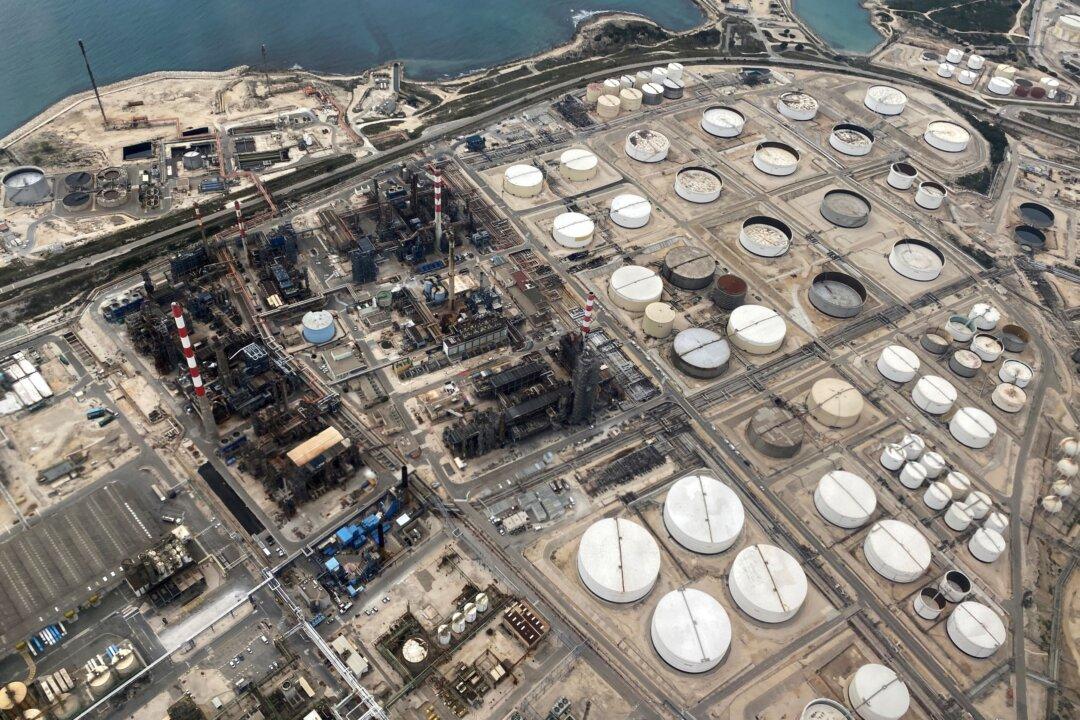LONDON—Oil prices rose on Wednesday, buoyed by tight supplies and the prospect of rising demand from the summer driving season in the United States, the world’s biggest crude consumer.
Brent crude futures for July rose for a fifth session running, gaining $1.69, or 1.5 percent, to $115.25 a barrel by 0940 GMT.





